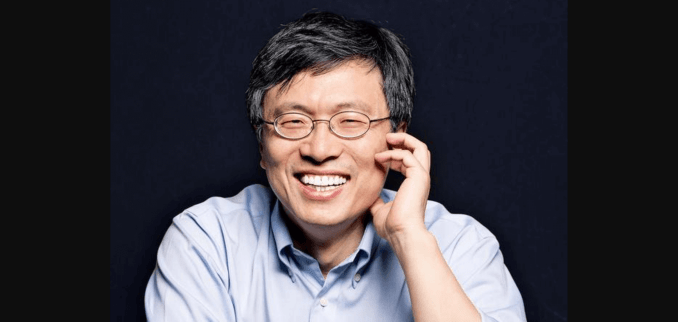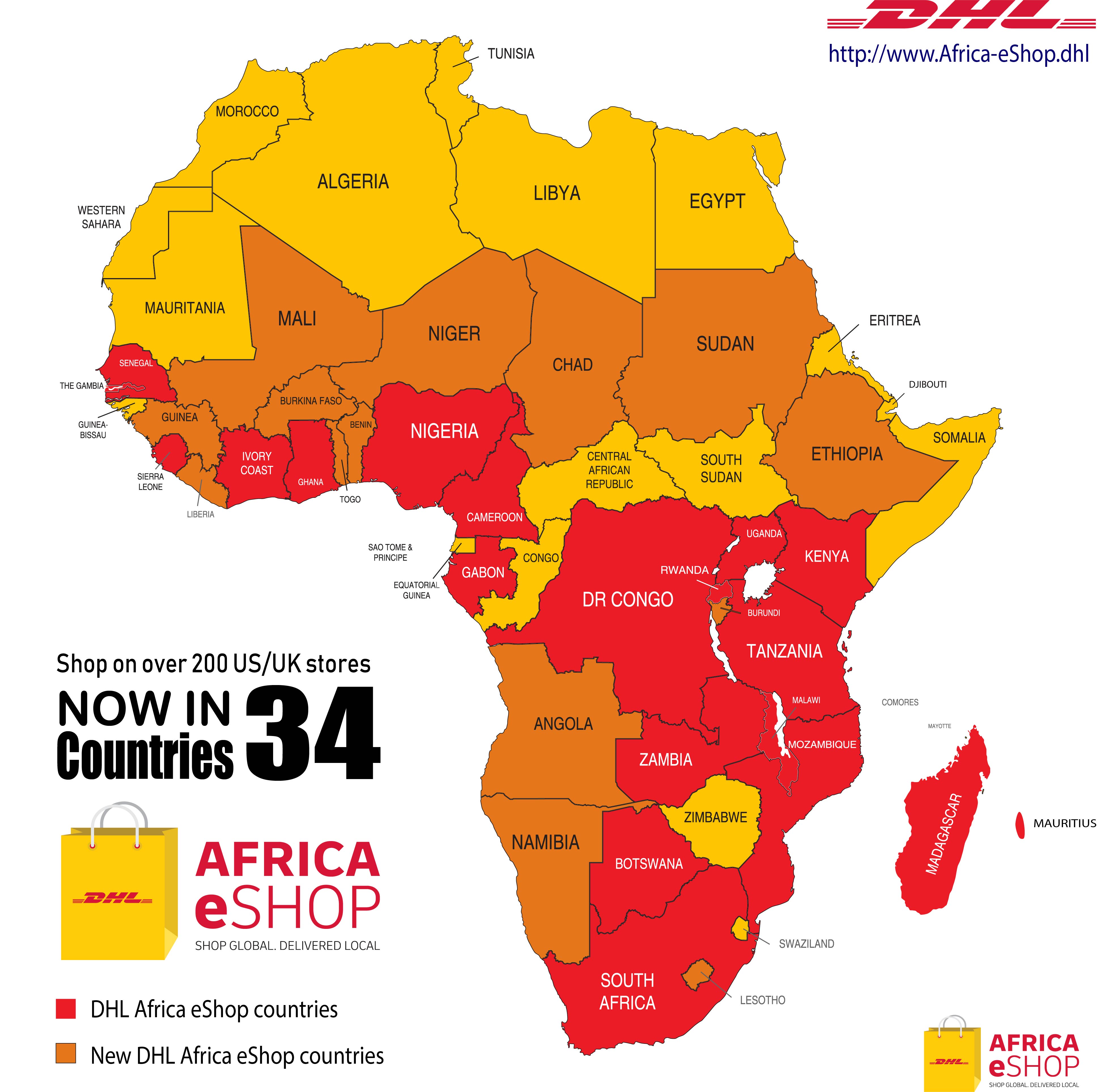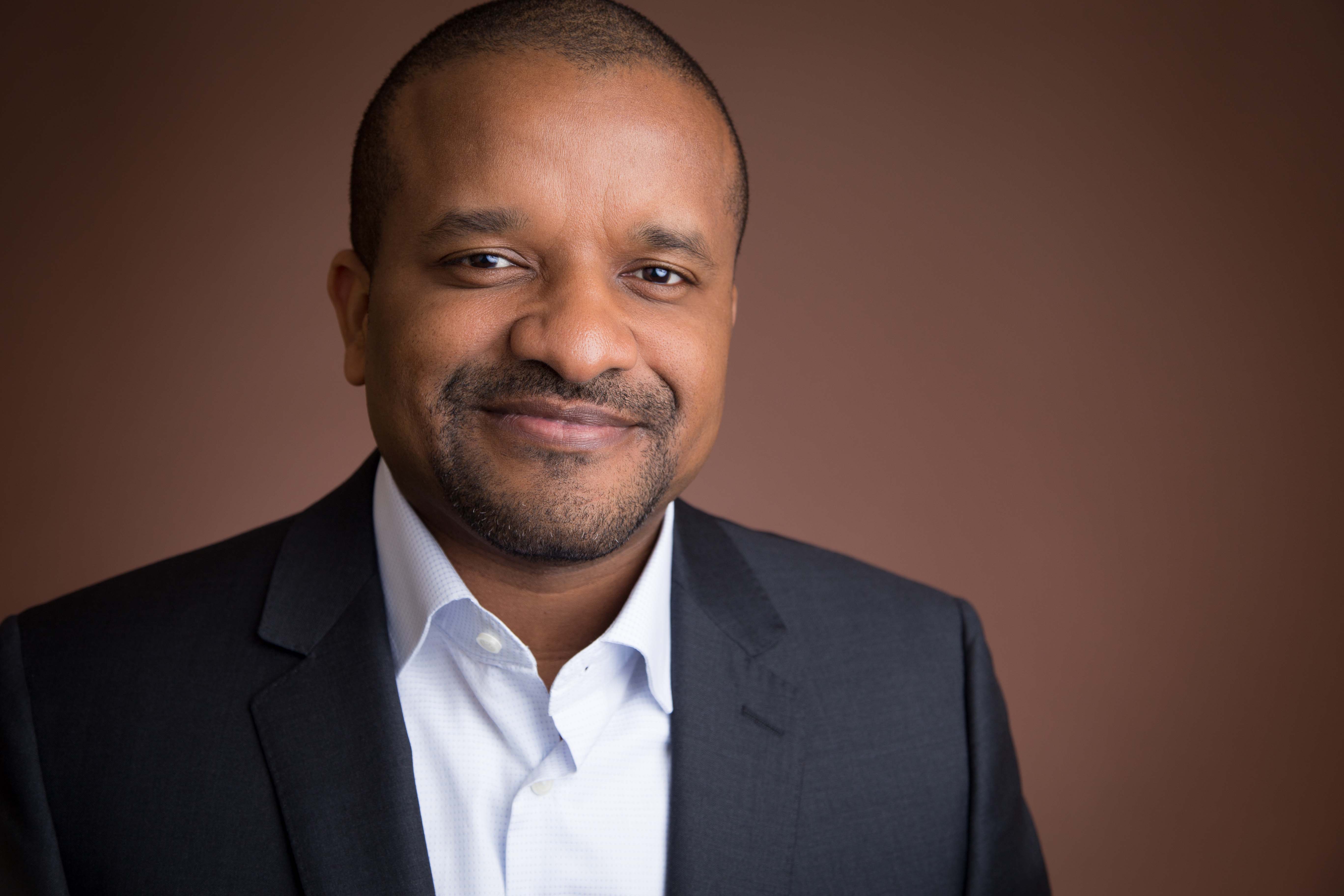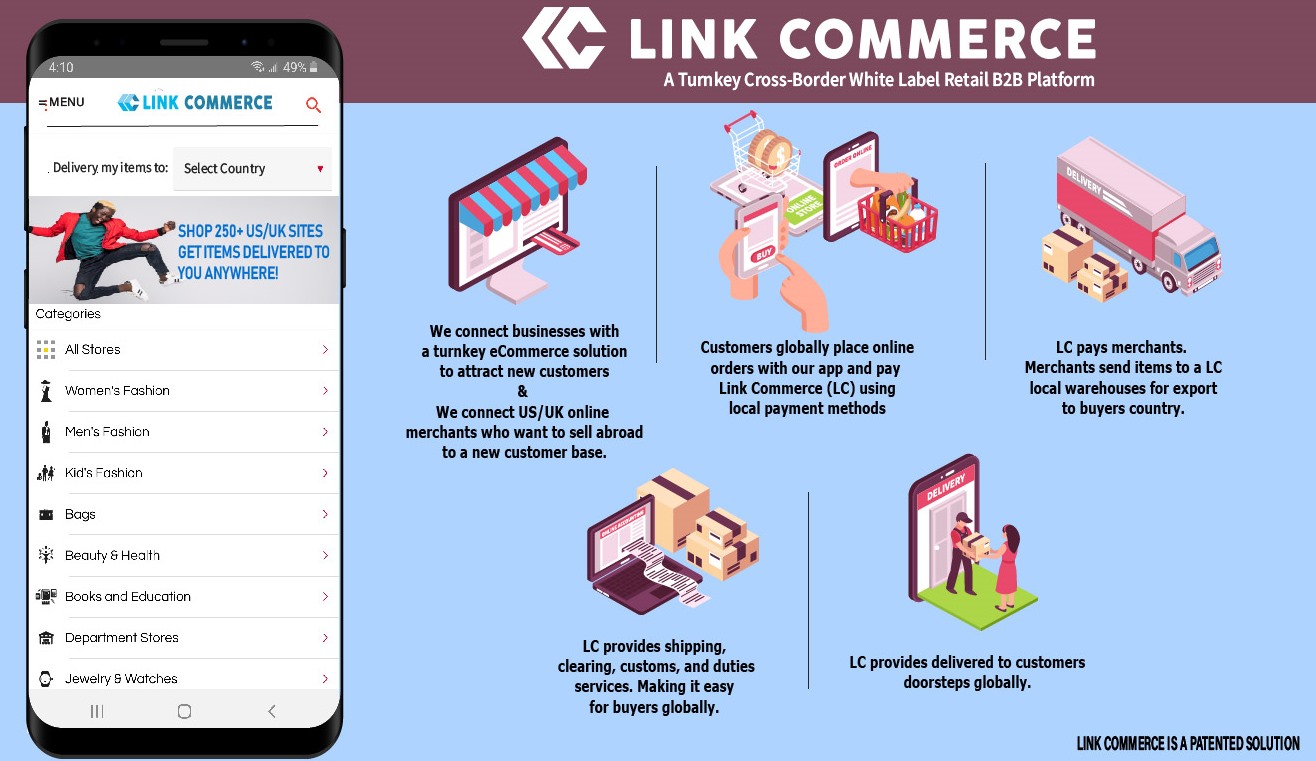London-based Greyparrot, which uses computer vision AI to scale efficient processing of recycling, has bagged £1.825 million (~$2.2M) in seed funding, topping up the $1.2M in pre-seed funding it had raised previously. The latest round is led by early stage European industrial tech investor Speedinvest, with participation from UK-based early stage b2b investor, Force Over Mass.
The 2019 founded startup — and TechCrunch Disrupt SF battlefield alum — has trained a series of machine learning models to recognize different types of waste, such as glass, paper, cardboard, newspapers, cans and different types of plastics, in order to make sorting recycling more efficient, applying digitization and automation to the waste management industry.
Greyparrot points out that some 60% of the 2BN tonnes of solid waste produced globally each year ends up in open dumps and landfill, causing major environmental impact. While global recycling rates are just 14% — a consequence of inefficient recycling systems, rising labour costs, and strict quality requirements imposed on recycled material. Hence the major opportunity the team has lit on for applying waste recognition software to boost recycling efficiency, reduce impurities and support scalability.
By embedding their hardware agnostic software into industrial recycling processes Greyparrot says it can offer real-time analysis on all waste flows, thereby increasing efficiency while enabling a facility to provide quality guarantee to buyers, mitigating against risk.
Currently less than 1% of waste is monitored and audited, per the startup, given the expensive involved in doing those tasks manually. So this is an application of AI that’s not so much taking over a human job as doing something humans essentially don’t bother with, to the detriment of the environment and its resources.
Greyparrot’s first product is an Automated Waste Monitoring System which is currently deployed on moving conveyor belts in sorting facilities to measure large waste flows — automating the identification of different types of waste, as well as providing composition information and analytics to help facilities increase recycling rates.
It partnered with ACI, the largest recycling system integrator in South Korea, to work on early product-market fit. It says the new funding will be used to further develop its product and scale across global markets. It’s also collaborating with suppliers of next-gen systems such as smart bins and sorting robots to integrate its software.
“One of the key problems we are solving is the lack of data,” said Mikela Druckman, co-founder & CEO of Greyparrot in a statement. “We see increasing demand from consumers, brands, governments and waste managers for better insights to transition to a more circular economy. There is an urgent opportunity to optimise waste management with further digitisation and automation using deep learning.”
“Waste is not only a massive market — it builds up to a global crisis. With an increase in both world population and per capita consumption, waste management is critical to sustaining our way of living. Greyparrot’s solution has proven to bring down recycling costs and help plants recover more waste. Ultimately it unlocks the value of waste and creates a measurable impact for the environment,” added Marie-Hélène Ametsreiter, lead partner at Speedinvest Industry, in another statement.
Greyparrot is sitting pretty in another aspect — aligning with several strategic areas of focus for the European Union, which has made digitization of legacy industries, industrial data sharing, investment in AI, plus a green transition to a circular economy core planks of its policy plan for the next five+ years. Just yesterday the Commission announced a €750BN pan-EU support proposal to feed such transitions as part of a wider coronavirus recovery plan for the trading bloc.










